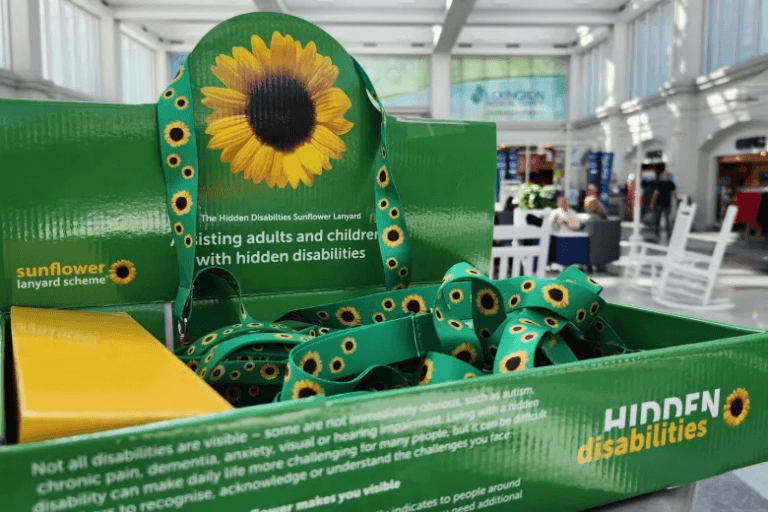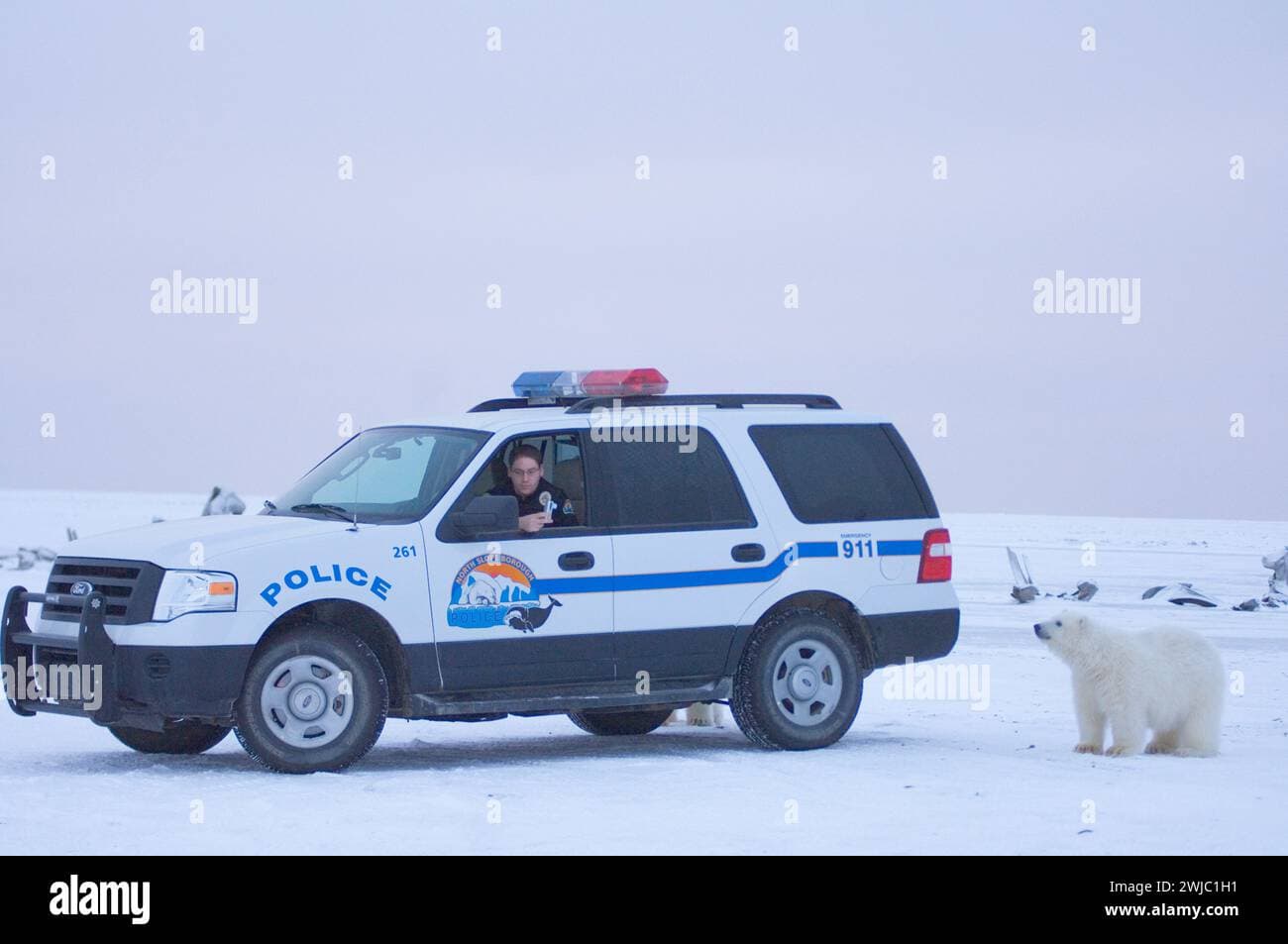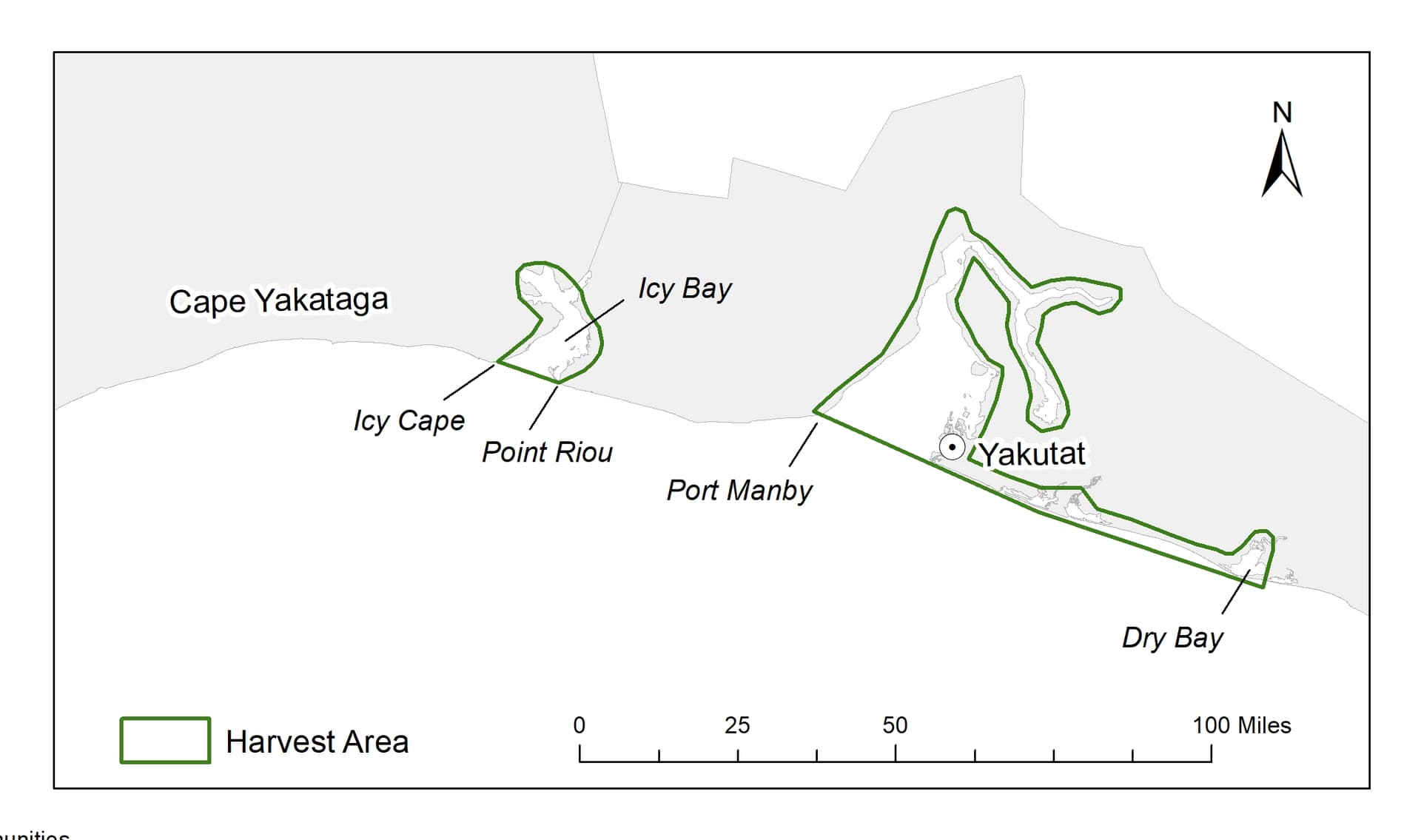State Airports Roll Out Hidden Disabilities Sunflower Program, Improving Travel Access
The Alaska International Airport System announced Nov. 5, 2025 that major state airports in Anchorage and Fairbanks will introduce the Hidden Disabilities Sunflower program, offering sunflower lanyards and wristbands to signal travelers who need extra assistance. The change matters to North Slope Borough residents who rely on air travel for medical appointments, work, and personal trips because it creates a low barrier method to request help and could reduce delays and stress for those with non visible disabilities.
Listen to Article
Click play to generate audio

The Alaska International Airport System has begun implementing the Hidden Disabilities Sunflower program at its major airports in Anchorage and Fairbanks, providing sunflower lanyards and wristbands to passengers who have disabilities that are not immediately visible and who may need additional assistance. Announced statewide on Nov. 5, 2025, the program is intended to offer a discreet, low barrier signal that a traveler may need help with mobility, cognitive or sensory needs.
For residents of the North Slope Borough, including Utqiaġvik, Wainwright and Point Hope, the change has practical implications. Many residents travel by air for specialty medical care, employment, education and family reasons. A standardized, widely recognized visual cue at the two largest state airports could streamline airport interactions, reduce misunderstanding at security checkpoints and gate areas, and help staff offer timely assistance without requiring public disclosure of sensitive medical details.
Operationally, the program will depend on distribution of lanyards and wristbands, staff awareness and consistent procedures for responding when a traveler displays the sunflower identifier. The announcement did not detail distribution logistics, training schedules or performance metrics. Those operational gaps are consequential for remote communities whose travel windows are narrow and whose misspent time at airports can disrupt medical appointments and work commitments. Clear information about where and how travelers can obtain the sunflower lanyards and wristbands will be important for planning.
Policy and institutional considerations extend beyond distribution. Effective implementation requires staff training in recognizing the symbol and responding in ways that respect dignity and privacy. It also requires coordination between airport authorities, airlines and security personnel to ensure consistent handling across points of contact. For North Slope Borough officials and health providers who assist residents with travel arrangements, early engagement with airport authorities can help identify practical needs, such as prearranged assistance for medevac connections, accessible seating or sensory friendly spaces.
The rollout at Anchorage and Fairbanks presents an opportunity to evaluate the program before considering expansion to smaller regional airports that serve North Slope communities. Local leaders and residents can play a civic role by monitoring rollout details, requesting transparency on training and distribution plans, and documenting outcomes that affect travel reliability and safety. Tracking usage and feedback will provide evidence for whether the program reduces delays, improves passenger experience and addresses equity in access to air travel.
As the program begins at major state airports, travelers from the North Slope Borough should seek specific information from airlines and airport customer service about how to obtain and use the sunflower lanyards and wristbands. Thoughtful implementation and follow through will determine whether the initiative delivers the practical benefits that residents need when they travel for care, work and essential services.


